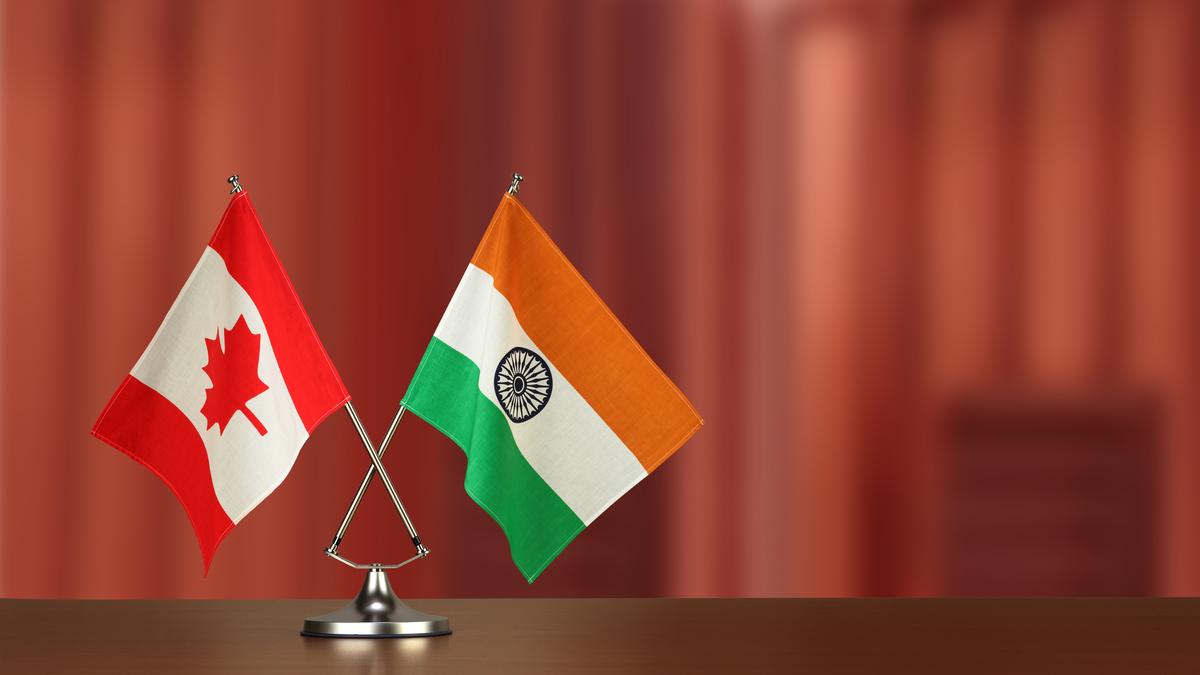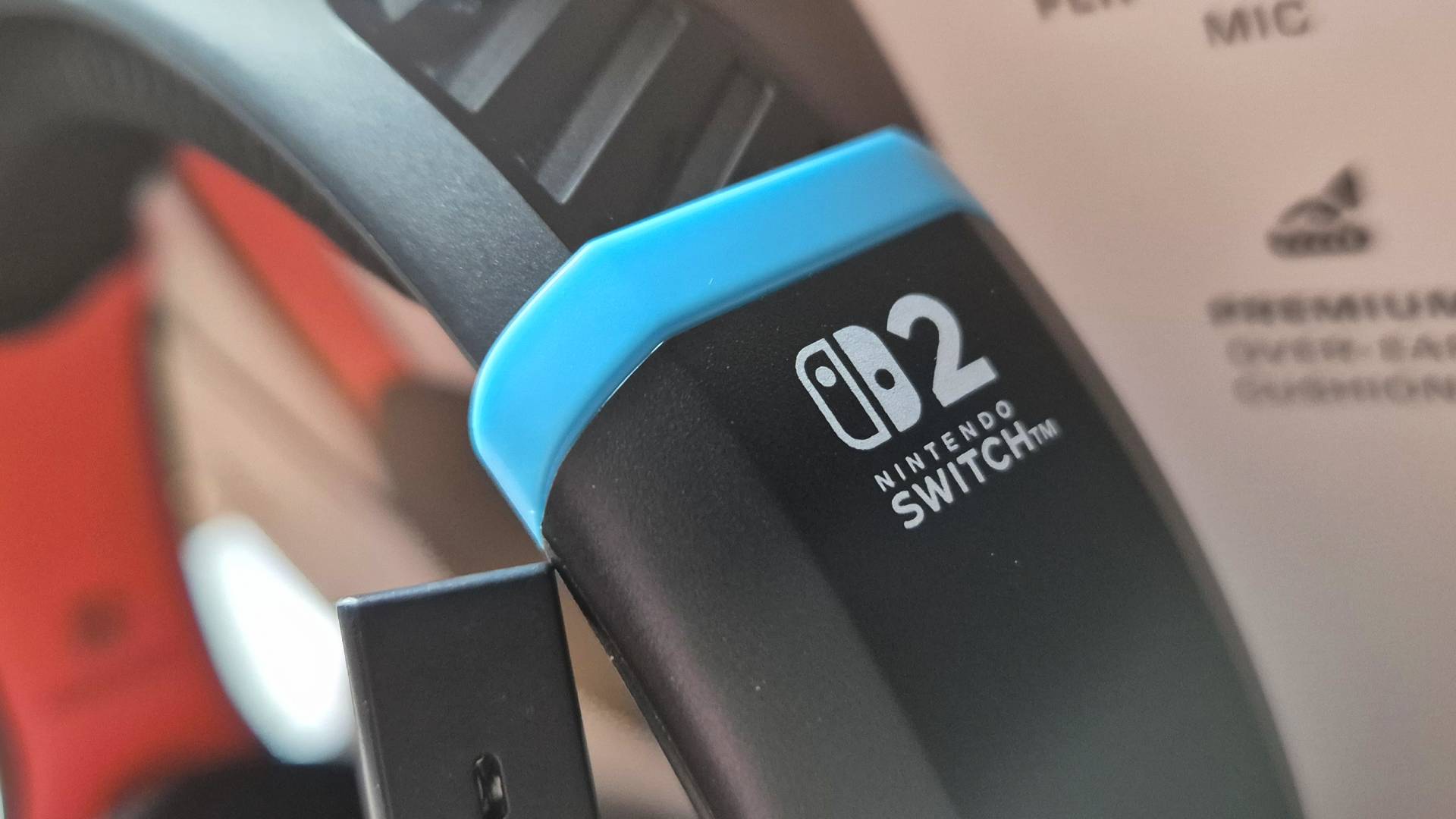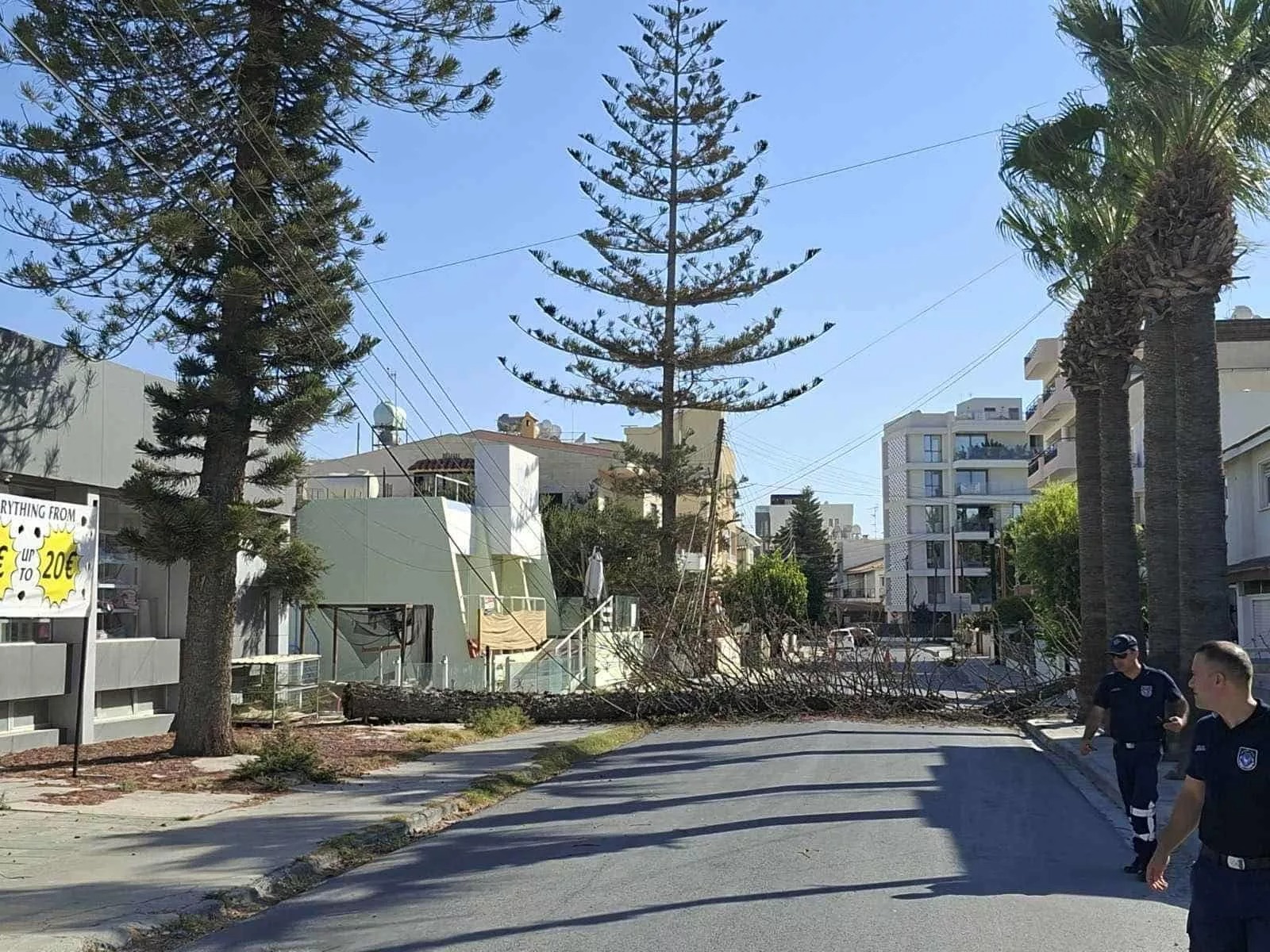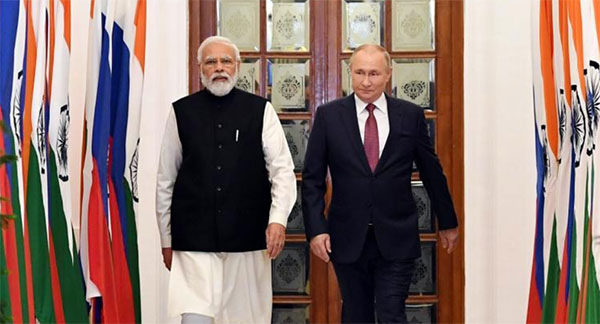As India and Canada reset ties, NSAs, diplomats meet in Delhi, discuss Khalistani threat and security cooperation
By Suhasini Haidar
Copyright thehindu

Indian and Canadian National Security Advisors (NSAs) and security teams held talks on enhancing bilateral cooperation in Delhi on Thursday (September 18, 2025), two years after bilateral ties were ripped apart by Ottawa’s allegation that Indian government officials were linked to the killing of Khalistani activist Harjeet Singh Nijjar.
“This is part of the regular bilateral security consultations that happen between the two countries,” said Ministry of External Affairs (MEA) spokesperson Randhir Jaiswal, confirming the meeting between the NSAs. “It was also an opportunity and occasion for them to follow up on the discussions that happened between Prime Minister [Narendra Modi] and [Canadian] Prime Minister [Mark] Carney in Kananaskis on the sidelines of G-7 in Alberta [in June this year],” he added.
Changed focus
Sources told The Hindu that the day-long talks between NSA Ajit Doval and Nathalie Drouin, the Canadian National Security and Intelligence Advisor, did not focus on the Nijjar case, which is now in trial court. Instead, they discussed moving ahead on sharing information and counter-terror cooperation, as well as India’s requests for the extradition of a number of Khalistani activists wanted for cases in India.
The Canadian delegation included Deputy Minister for Foreign Affairs David Morrison, Royal Canadian Mounted Police Commissioner Mike Duheme, and senior diplomats from Global Affairs Canada, the Canadian Foreign Ministry.
Repairing broken ties
Significantly, many officials on both sides of the table had been part of the stormy meetings held in 2023, when Canada had claimed it had “credible evidence” that Indian government agents were connected to the assassination of Nijjar who was shot dead outside a Toronto-area gurudwara in June 2023. At the time, Mr. Duheme had doubled down on the allegations, accusing Indian diplomats and staffers of “clandestine” and “criminal” behaviour. In particular, a meeting between Mr. Doval and his previous counterpart in Singapore had ended with both sides trading charges, and subsequently expelling each other’s diplomats for espionage.
Ties only began to be repaired earlier this year, after Mr. Carney invited Mr. Modi to the G-7 summit, and both sides decided to restore their High Commissioners and restart the trade talks suspended by Canada two years ago. Even so, security concerns over separatist Khalistani groups in Canada remain an issue.
Khalistani threats
The talks in Delhi came a day after a Khalistani group laid “siege” to the Indian Consulate in Vancouver, to protest what it called “espionage and surveillance by Indian diplomats” and also targeted the newly arrived Indian High Commissioner to Canada, Dinesh Patnaik, on posters. Mr. Patnaik and Canada’s High Commissioner to India Christopher Cooter took charge of their missions last week, and are expected to present their credentials in Ottawa and Delhi later this month.
Asked whether India had taken up the latest threats with the visiting Canadian delegation, Mr. Jaiswal said that the security of diplomatic missions is the responsibility of the host government.
“As and when there is a concern, we do take it up with our [counterparts] in Canada to ensure that there is adequate security of our diplomatic premises,” Mr. Jaiswal said. His statement was in contrast to previous such incidents when India had vocally protested to the Canadian government regarding its failure to quell security threats, and is a sign of the new understanding between New Delhi and the new government in Ottawa, led by PM Mark Carney, to reset ties.
Resuming dialogue mechanisms
On Friday, Mr. Morrison also held talks with MEA Secretary (East) P. Kumaran on resuming all dialogue mechanisms suspended since 2023, including on trade, defence and other issues, and addressing visa problems caused by the downsizing of diplomatic staff.
“Both sides reaffirmed the importance of India-Canada ties, anchored in shared democratic values, respect for the rule of law, and commitment to the principles of sovereignty and territorial integrity,” an MEA statement said.



